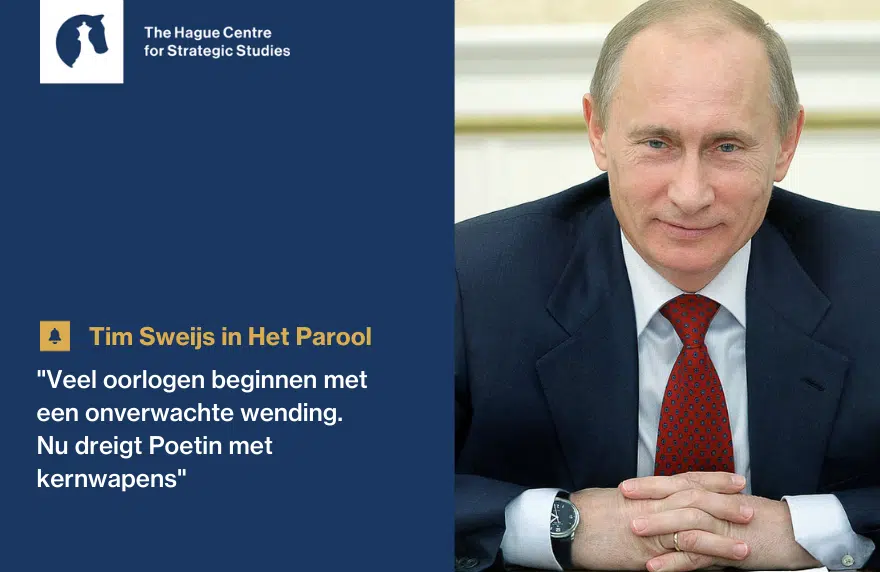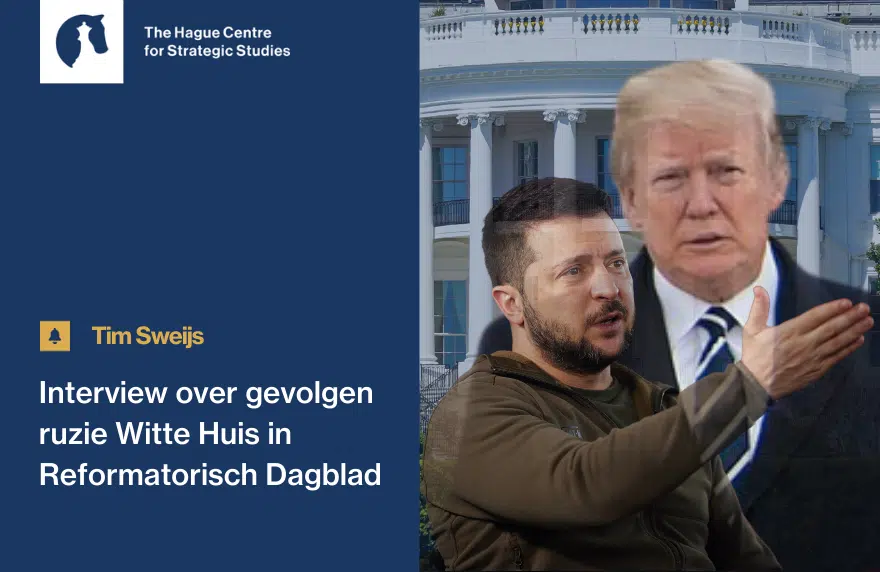Het is crisistijd, dus speculeren sommige politici over oorlog. De Franse president Sarkozy waarschuwde dat als we de euro niet redden, Europa zich in oorlog stort.
Het lijkt me wat overdreven, maar hij heeft gelijk dat het einde van de euro tot de fragmentatie en verdeeldheid leidt die in het verleden talloze Europese oorlogen hebben opgeleverd.
In NRC Handelsblad vroeg Henk Hofland zich op 2 november af of we een tijdperk van grote oorlogen tegemoet gaan. De wereldsituatie doet volgens hem denken aan die van 1938 ‘toen de oorlog al niet meer te vermijden viel’. Die parallel heb ik hier ook al eens getrokken. De combinatie van verzwakking van het Westen, opkomst van landen als China, bevolkingsgroei, grondstoffenschaarste en de effecten van klimaatverandering zet de wereld op zijn kop en kan gemakkelijk tot conflicten leiden.
Bevreesder ben ik voor binnenlandse onlusten als gevolg van draconische bezuinigingen. Vergeet niet dat de Tweede Wereldoorlog onder meer uitbrak omdat de overwinnaars verliezer Duitsland na de Eerste Wereldoorlog tot herstelbetalingen dwongen die in dat land tot hyperinflatie leidden, het land in 1931 op de rand van faillissement brachten en de nazi’s de wind in de zeilen gaven.
Het illustreert hoe gevaarlijk het is als een land van het buitenland maatregelen krijgt opgelegd, waardoor het economisch aan de rand van de afgrond wordt gebracht met maatschappelijke en politieke ontwrichting tot gevolg. Dat kan zich tegen de schuldeisers keren. Dat zal geen probleem zijn met Griekenland. Maar Italië, de derde Europese economie, is van een andere orde.
To read the complete article please go to Trouw






